
What is Menopause?
Menopause is a natural biological event for women, yet it remains shrouded in mystery, misconceptions, and even apprehension for many. You may notice those monthly periods that have been a constant for decades begin to waver in their regularity.
Maybe you've felt an unexpected warmth surging through your body or found yourself awake in the middle of the night, soaked in sweat. Perhaps you've wondered why you're more emotional or why certain intimate moments aren't as comfortable as they used to be. These can all be signs that you may be approaching menopause.
Discussing ‘menopause’ with friends, relatives or sometimes even health professionals may seem intimidating - however, the days of grinning and bearing it are on the way out! There are no prizes for martyrdom. Let’s break the silence and discuss menopause openly – time to clear the fog around menopause!
What are the 3 Stages of Menopause?
There are 3 key stages of menopause - perimenopause, menopause, and post-menopause.

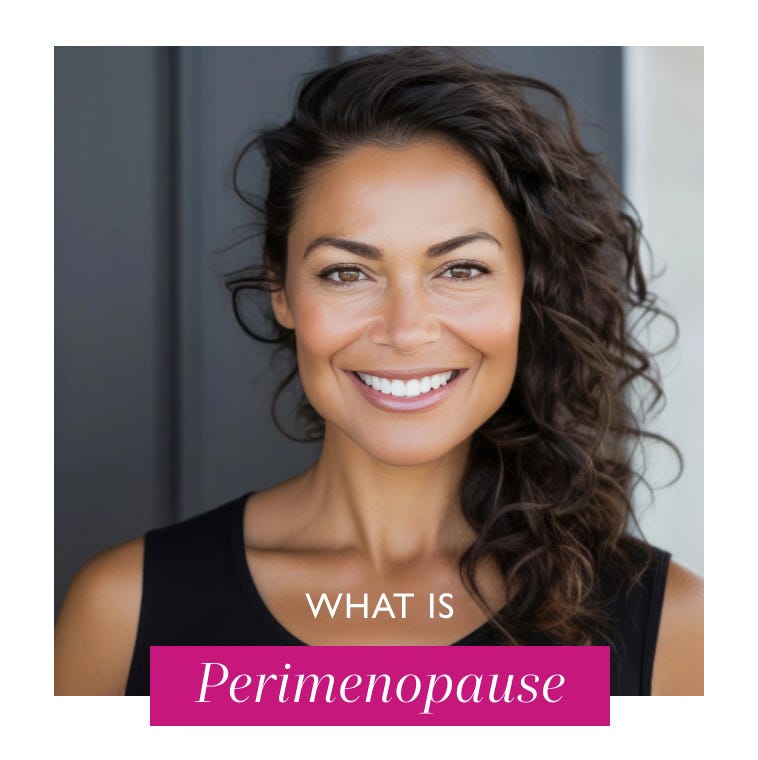
WHAT IS PERIMENOPAUSE
Perimenopause refers to the time leading up to menopause when the cycle length and menstrual flow can vary significantly.
If you are in your 40s, or sometimes even earlier, you may have started to experience some of the normal and natural changes that signal perimenopause.
The time between periods can shorten or lengthen, the periods can become heavier or lighter. The fluctuations in the hormones can produce a host of symptoms, which can last up to several years.
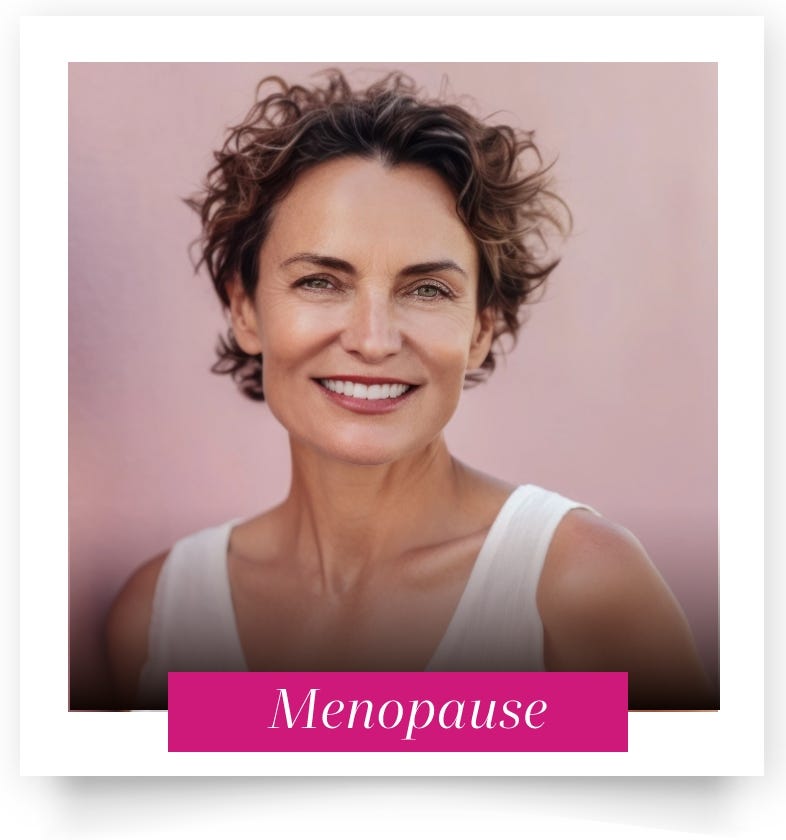
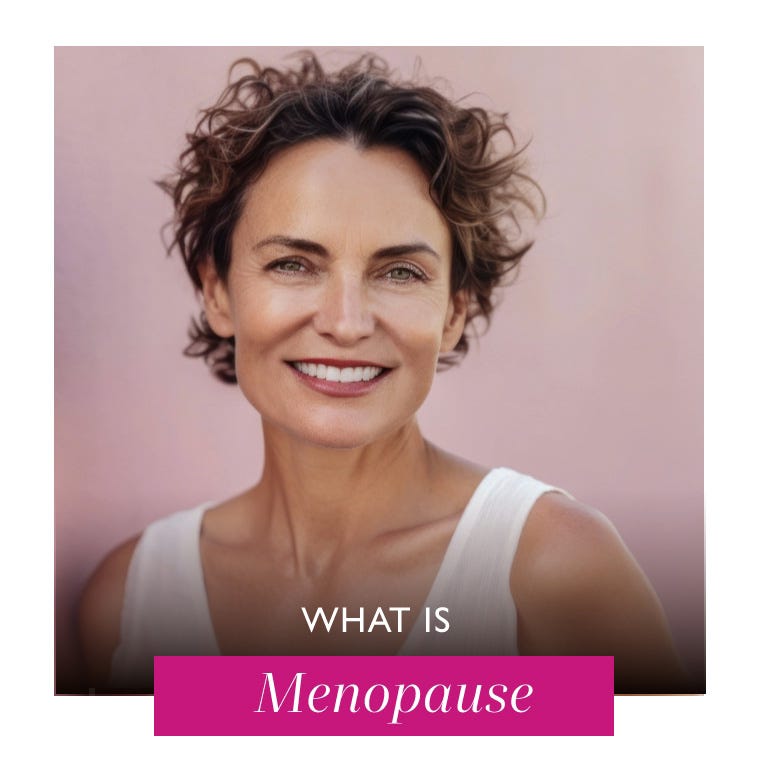
WHAT IS MENOPAUSE
Menopause literally means the last monthly period of a woman’s life. However, it is confirmed when a woman has not had a menstrual period for 12 consecutive months.
At menopause our oestrogen and progesterone levels become quite low. Oestrogen levels play an important role in a woman’s life. They rise at puberty with the onset of childbearing years and then increase and decrease rhythmically with your menstrual cycle. They peak during pregnancy and then decline as you reach menopause and your menstrual cycle ceases.

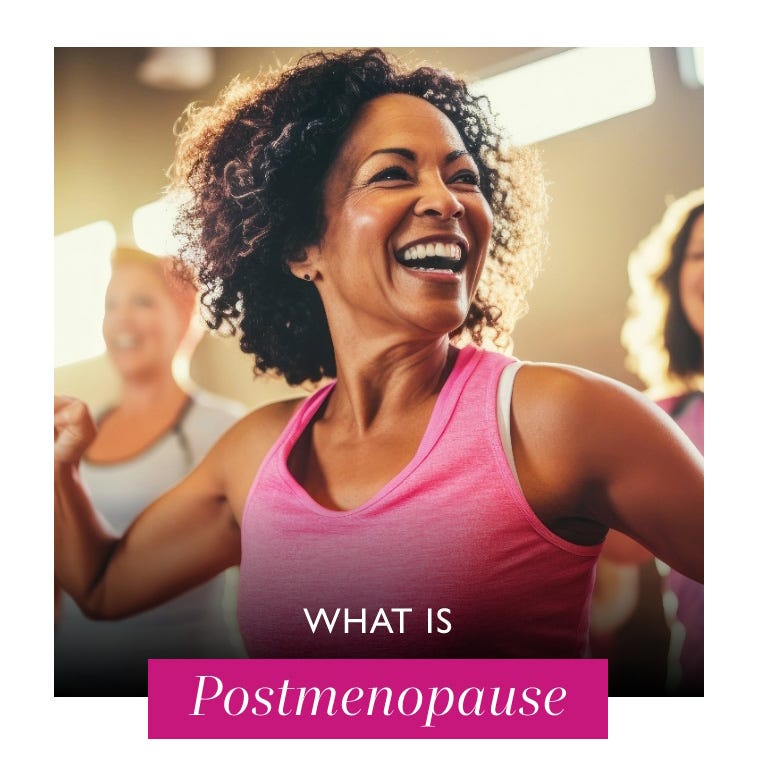
WHAT IS POSTMENOPAUSE
Postmenopause can be confirmed when a woman has not had a menstrual period for 12 consecutive months.
At this stage, tangible symptoms may still be significant and continue for years following. Menopausal symptoms may eventually reduce later post menopause.
Up until menopause, natural oestrogen provides a protective effect on your heart and bones. As oestrogen declines, it is important to provide suitable nutrients to help keep the bones strong and your cholesterol levels low.
Oestrogen Levels across a Woman’s Life Stages
As women progress through the menopausal journey, their hormone levels change. The gradual decrease in the ovaries’ production of oestrogen during this time is the body’s natural evolution from the fertile child-bearing years to a whole new stage of life.
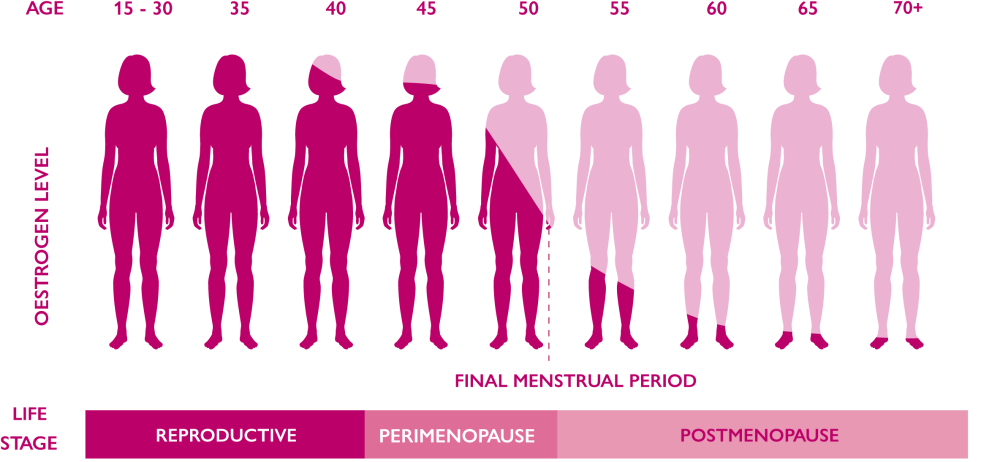

What are the Symptoms of Menopause?
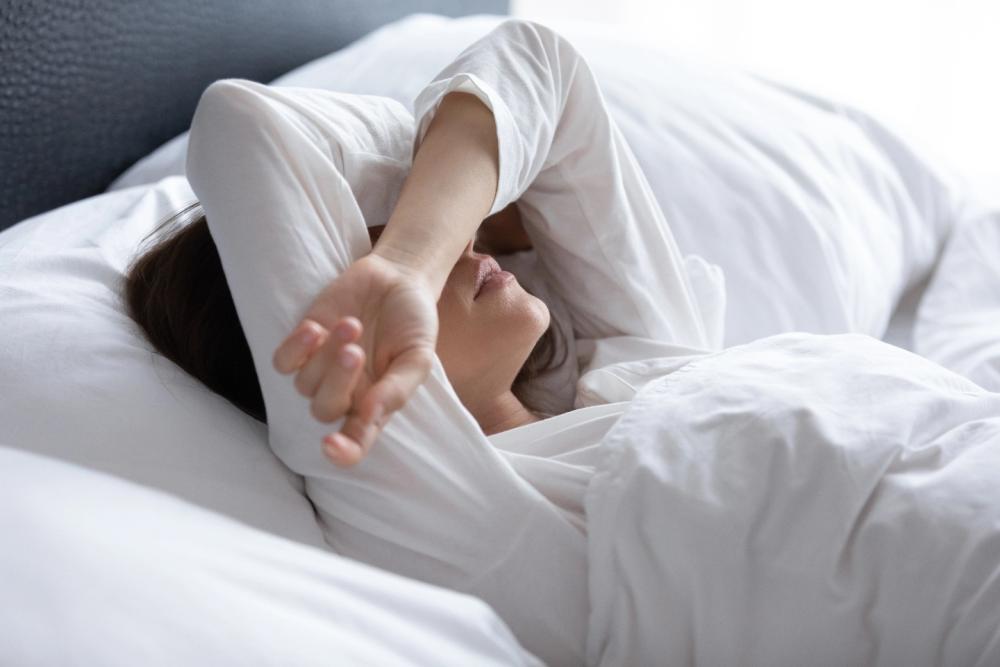

1 in 5 women experience menopause symptoms severe enough to interfere with their daily lives, while another 1 in 5 women experience no menopausal symptoms.
Every woman will experience menopause in her own unique way. For some women, menopause will be a gradual phase that is hardly noticed. For others it can be marked with severe symptoms that make going about your daily life close to unbearable.
Menopausal symptoms include hot flushes & night sweats, mild anxiety & moodiness, restless sleep, vaginal dryness and lower libido.
It is important to remember we can all experience menopause slightly differently, therefore although there are common symptoms, which symptoms you experience, and the severity and or frequency of the symptoms can and does vary between women.


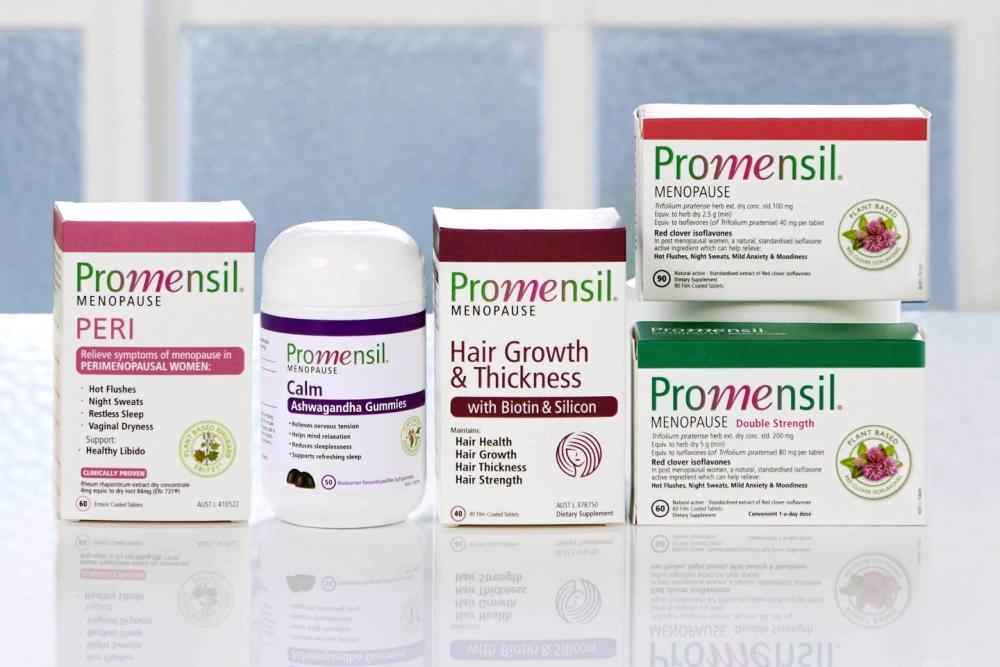

Supporting Women Through Menopause


Promensil is Australia’s #1 plant-based menopause brand* and is proud to have been supporting women worldwide through menopause for over a decade.
Our products can help manage menopausal symptoms, including:
Promensil PERI (Rhubarb root extract) for perimenopausal women to relieve menopausal symptoms such as hot flushes & night sweats, mild anxiety & moodiness, restless sleep and vaginal dryness and support of healthy libido.
Promensil Menopause Double Strength (Red Clover herb extract) for postmenopausal women to relieve menopausal symptoms such as hot flushes & night sweats, mild anxiety and moodiness.
Frequently Asked Questions About Menopause
What is the average age women start to experience symptoms?
The average age for the onset of menopausal symptoms is 47.5 years, with most women experiencing the onset between 45 to 55 years old. However, it can start at a much younger age, or it may pass unnoticed until your late 50s.
How do I know it’s menopause?
If you are approximately 45 years of age or older, you may be experiencing the onset of menopause. If you are unsure about the changes you are feeling, the best thing is to speak to your GP or other health professional, who can help you clarify some of these changes and suggest the best way to ease symptoms you might be experiencing.
How long does menopause last?
It varies from women to women, some lucky ladies hardly experience menopause at all, whereas it is not uncommon for women to experience symptoms from between 1-10 years, the average is 5 years.What are some common menopausal symptoms?
Common symptoms of menopause may include:Irregular periodsVaginal drynessHot flashesChillsNight sweatsSleep problemsMood changesWeight gain and slowed metabolismThinning hair and dry skinLoss of breast fullnessIf symptoms persist, talk to your health professional.What happens after menopause?
Many women want to support their general health and wellbeing as hormone level changes begin to ease, including the natural decline of oestrogen associated with the ageing process. This is an important time for women to top up on additional nutrients and continue to support and care for their health and wellbeing.
What is the difference between peri-menopause and menopause?
Peri-menopause is when the “transition into menopause” begins due to a gradual decrease in oestrogen levels. At this stage, menstrual periods become irregular, and many women may experience menopausal symptoms such as hot flushes and night sweats.Menopause is your final menstrual period and is reached when a woman has gone without a menstrual period for 12 consecutive months.Post menopause is after a woman has ceased her menstrual periods for more than 12 months. Many women after the diagnosis of menopause still experience menopausal symptoms for up to a decade after menopause. Common menopausal symptoms during post menopause include hot flushes, night sweats, mild anxiety and moodiness.



